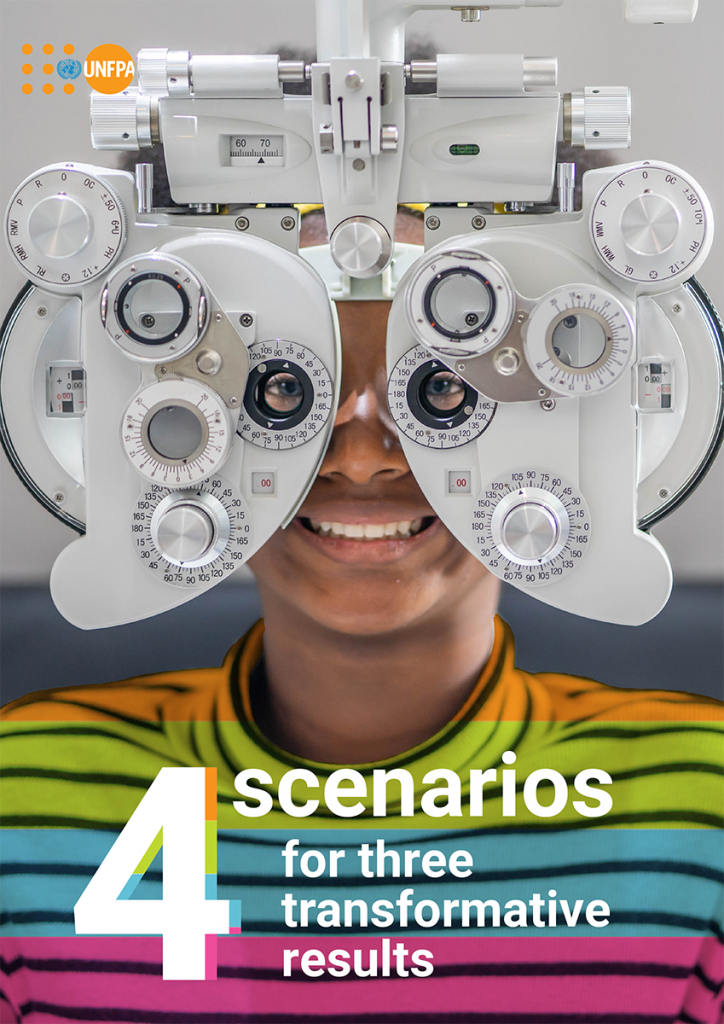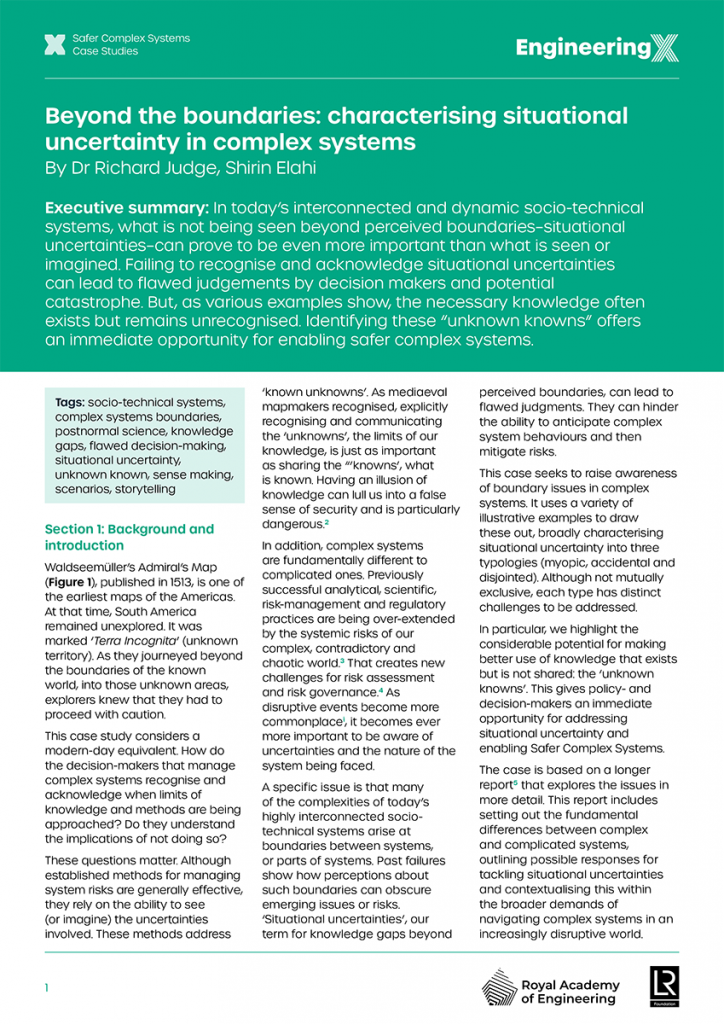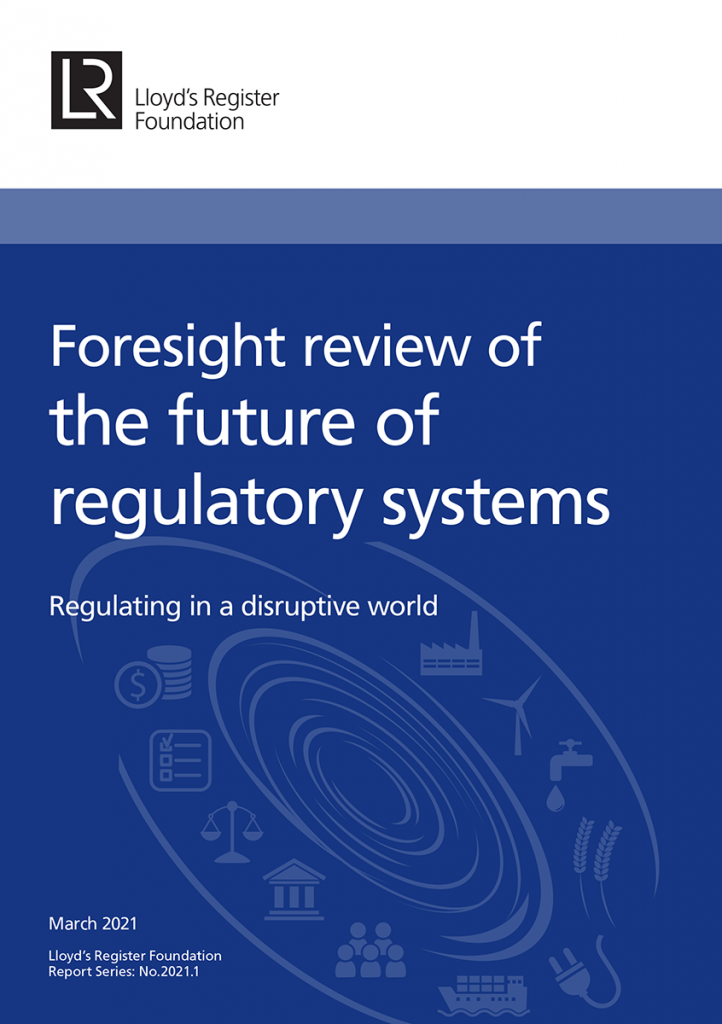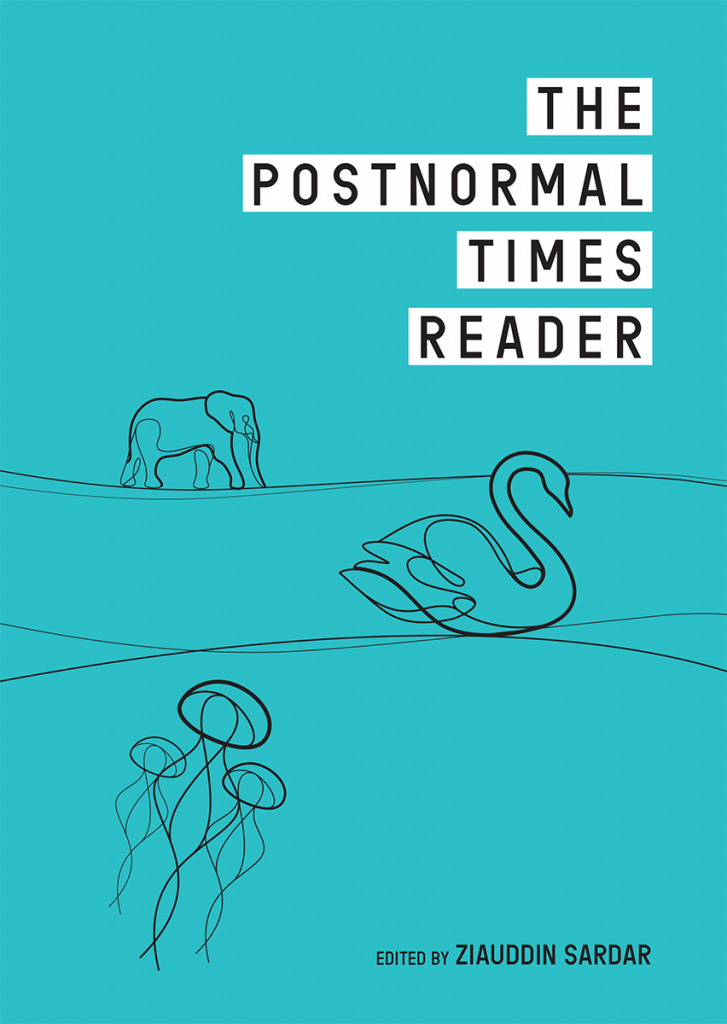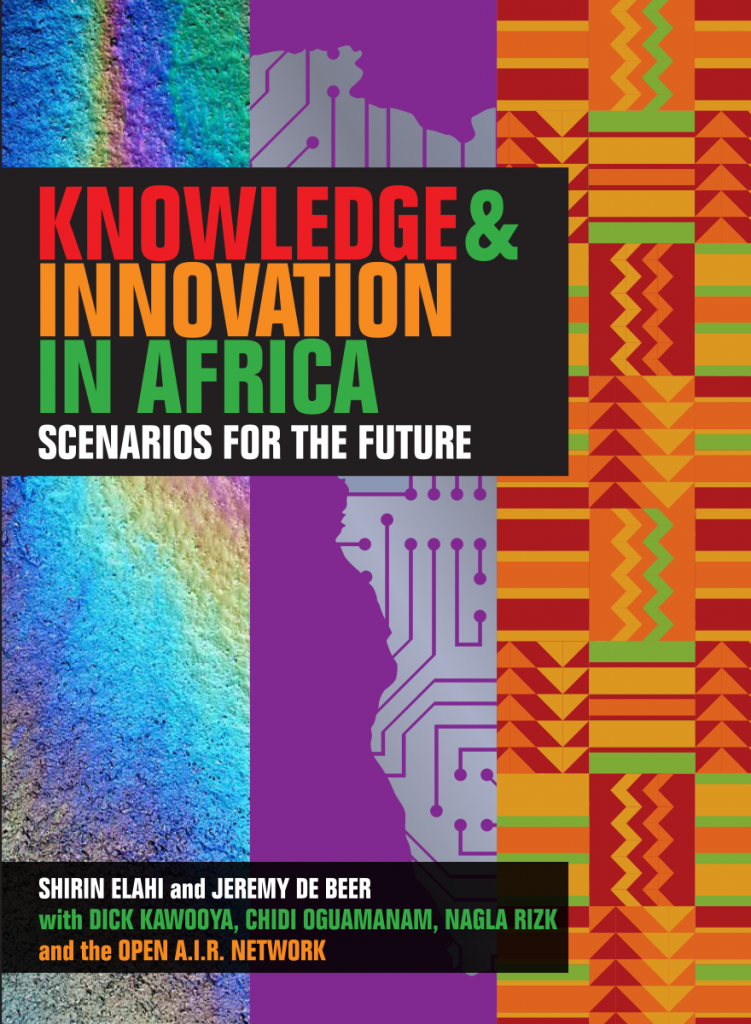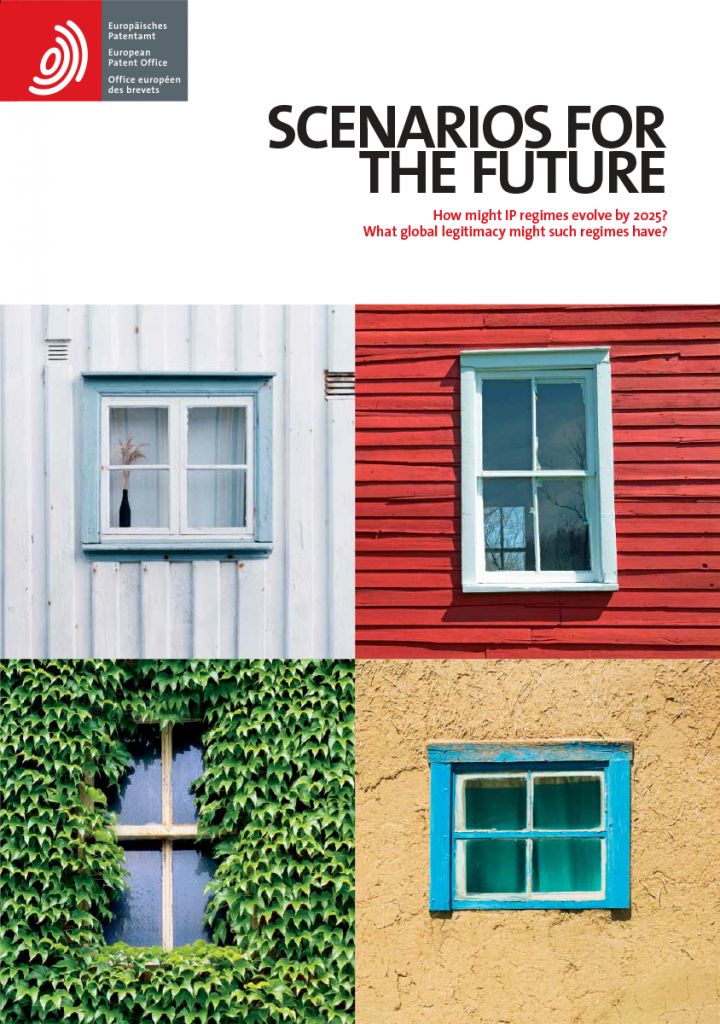About Shirin Elahi
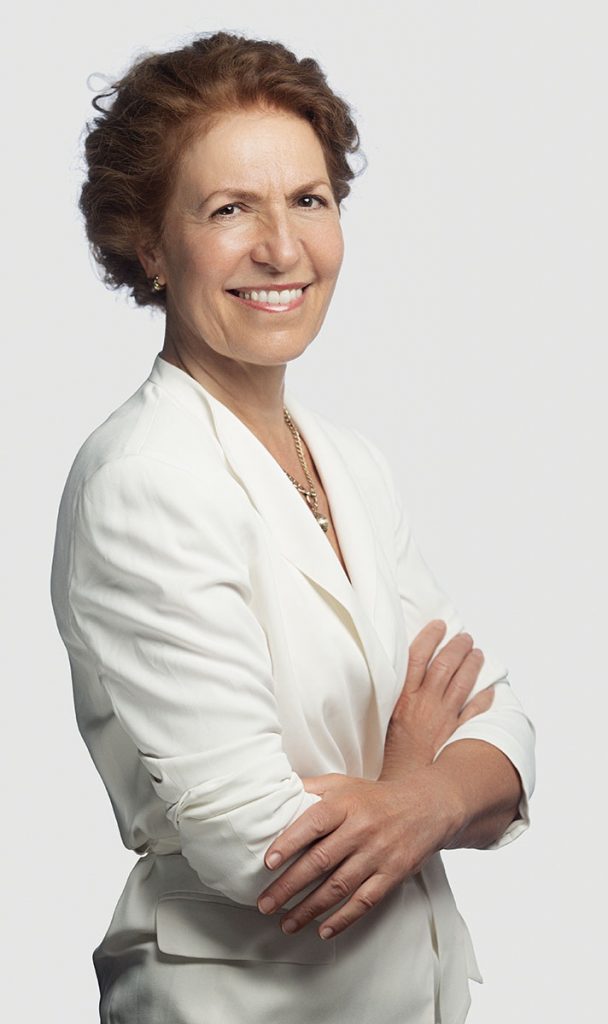
Shirin has spent over two decades advising multilateral, academic and corporate organisations and policymakers about the future. An architect by training, she applies her practical understanding of the creative process and system thinking to foresight, building with diverse, often contradictory ideas rather than physical materials.
Shirin has directed and built many global and regional scenarios. Her work has covered many subjects, including the future of risk and society, interfaith relations, intergenerational futures; the future of the home, allocation of global health funding, AIDS in Africa, diabetes; and the future of London; technology and innovation, industrial production, intellectual property and patenting; global aviation, global maritime shipping, global mobility; global minerals and mining; global food supply; sustainability; carbon pricing, sustainable energy for all, decentralized energy, nuclear safeguards; regulatory systems; the global financial system, personal finance and banking.
Selected Publications
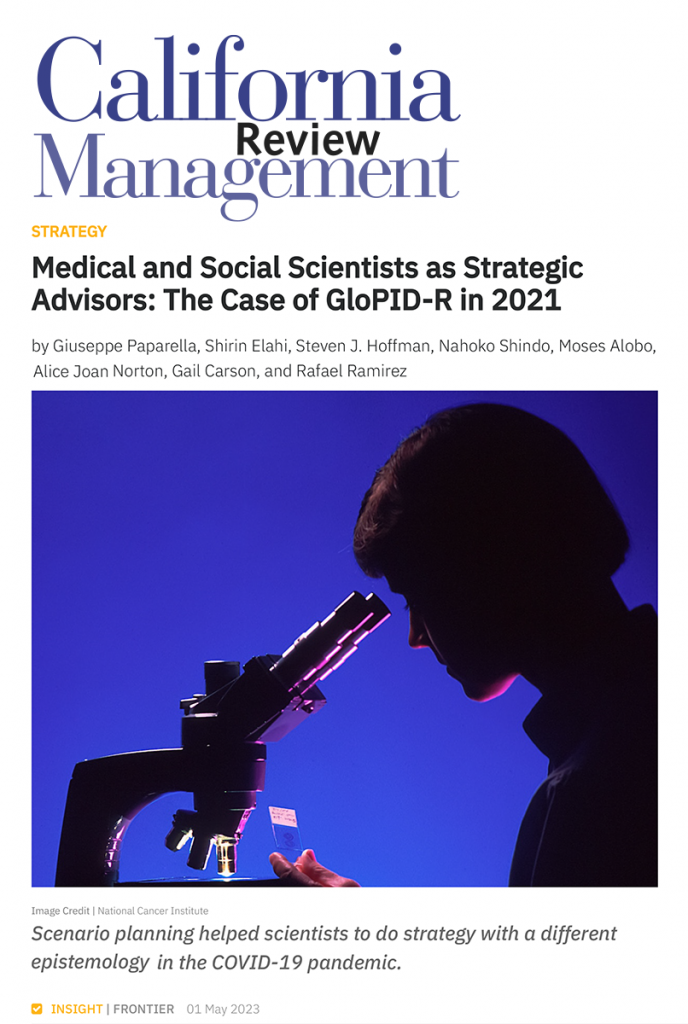
Paparella, G et al (2023)
Medical and Social Scientists as Strategic Advisors
The Case of GloPID-R in 2021
California Management Review
As the Covid pandemic swept the world, Shirin worked with colleagues from the Oxford University Saïd Business School to help the Global Research Collaboration for Infectious Disease Preparedness (Glopid-R) use scenario planning to allocate their funding priorities.
UNFPA scenarios for three transformative results (2023)
Over a period of several years, Shirin worked with UNFPA to explore how the world was changing, build scenarios to inform their Strategic Plan, prepare their foresight publication and provide strategic foresight training to country offices to accelerate their strategies to reach the ‘three zeros’: zero preventable maternal deaths; zero unmet need for family planning; and zero gender-based violence and harmful practices.
Judge, R and Elahi S (2022)
Beyond the boundaries: characterising situational uncertainty in complex systems. Safer Complex Systems
Engineering X. Royal Academy of Engineering
Shirin worked with Richard Judge, formerly Chief Executive of the Health and Safety Executive, to understand how knowledge gaps can arise when a system that was once static and self-contained becomes interconnected and complex, leading to potentially catastrophic system failures.
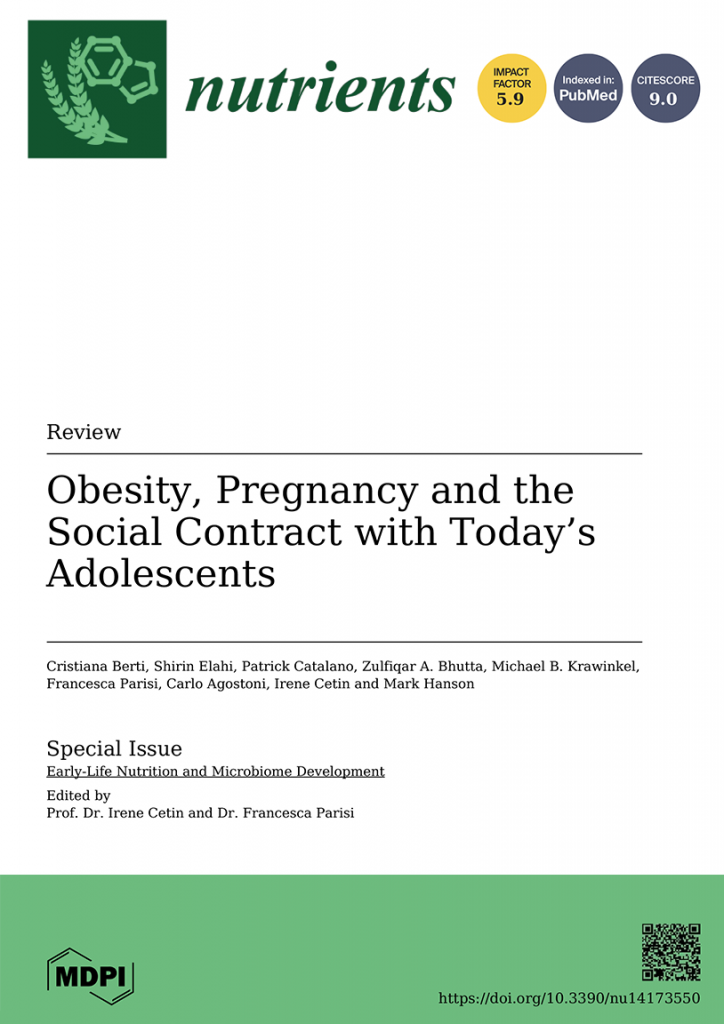
Berti C, Elahi S, Catalano P, Bhutta ZA, Krawinkel MB, Parisi F, Agostoni C, Cetin I, Hanson M. (2022)
Obesity, Pregnancy and the Social Contract with Today’s Adolescents
Nutrients 14(17):3550.
Seven years after being invited to lecture at the SIGO National Congress in Milan by Foundazione Giorgio Pardi, Shirin and other experts collaborated to explore how the dual public health challenges of adolescent parenthood and obesity might be more effectively and systemically addressed through the lens of the social contract with youth, thereby breaking a vicious cycle of disadvantage.
Judge, R and Elahi S (2021)
Foresight review of the future of regulatory systems: Regulating in a disruptive world
Lloyd’s Register Foundation
Shirin and Richard Judge, formerly Chief Executive of the Health and Safety Executive, produced a global Foresight Review setting out how the pace of innovation, increased interconnectivity and changing societal demands are likely to create disruption to the current regulatory system, creating both threats and opportunities for our critical infrastructure.
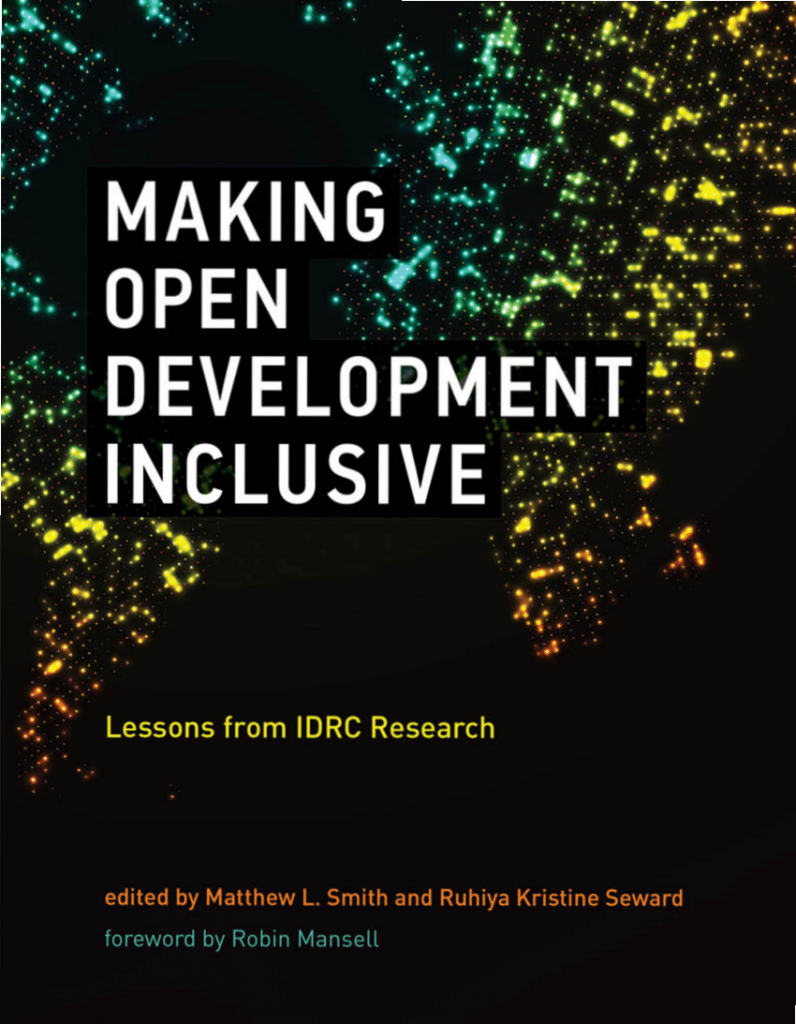
De Beer, J, Armstrong, C, Elahi, S et al. (2020)
Open Innovation in Africa: Current Realities, Future Scenarios, and Scalable Solutions
In Smith, M.L and Seward, R.K (Eds.) Making Open Development Inclusive: Lessons from IDRC Research. The MIT Press, p. 403-429
The African continent is one of the most innovative, dynamic places on earth, yet the nature of this creativity and innovation is usually overlooked. This paper charts the work undertaken by the Open AIR network (see scenarios below) and funded by the International Development Research Centre of Canada (IDRC). It describes its work setting the scene for policy and practice that support Africa’s role in the global knowledge economy.
Elahi, S. (2019).
Here be dragons: exploring the ‘unknown unknowns’
In Z. Sardar (Ed.), The Postnormal Times Reader (pp. 168–184).
When Zia Sardar retired as long-term editor of the Futures journal, he synthesised his insights into what he termed ‘Postnormal Times’, a period of transition characterised by three c’s: complexity, chaos and contradictions. It is an honour that the ‘Here be Dragons’ paper was chosen for inclusion in this unique, thought-provoking downloadable reader.
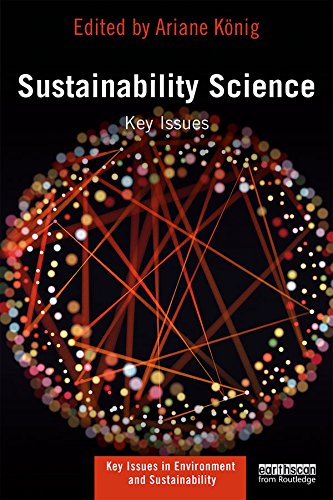
Drenth, G, Elahi, S and König, A (2017)
Exploring alternative futures with scenarios
In König, A and Ravetz, J (Eds.) Sustainability Science: Key Issues. Routledge, Chapter 6.
Shirin has taught foresight modules at the University of Luxembourg sustainability and social innovation courses for many years. Here, her insights on the water-food – energy nexus prepared for one series were combined to describe how scenario planning could be used to challenge assumptions and potentially build a ‘common ground’ in terms of a common understanding of the trade-offs of a particular environmental context.
Elahi, S and De Beer, J, with the Open AIR network (2013)
Knowledge & Innovation in Africa: Scenarios for the Future
Shirin directed a three-year pan-African, multi-disciplinary scenarios project for Open African Innovation Research (Open AIR) concerning the influence of intellectual property (IP) on African innovation and creativity, based on literature reviews, key informant interviews and multiple workshops. The scenarios described three different plausible contexts in which knowledge and innovation takes place, each requiring a different form of knowledge management. This work subsequently formed the basis for additional research on scalable open and collaborative business models, creating capacity at four African hubs and ensuring that Open AIR has evolved into one of Africa’s most unique and credible voices on IP and innovation issues.
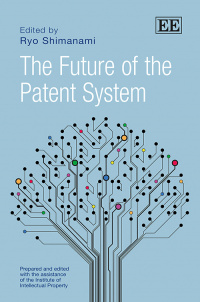
Neppel, C, Rutz, B, Carmichael, G, Karachalios, K, Elahi, S and McGinley, C (2012)
The Future of IP in Europe
Shimanami, R (Ed.) The Future of the Patent System, Edward Elgar, p. 97-141
This paper, produced for the Japanese Institute of Intellectual Property, explores the European perspective of a patent system within the field of intellectual property at a crossroads, challenged by society and affected by internal dynamics as well as technological, economic, political drivers of change.
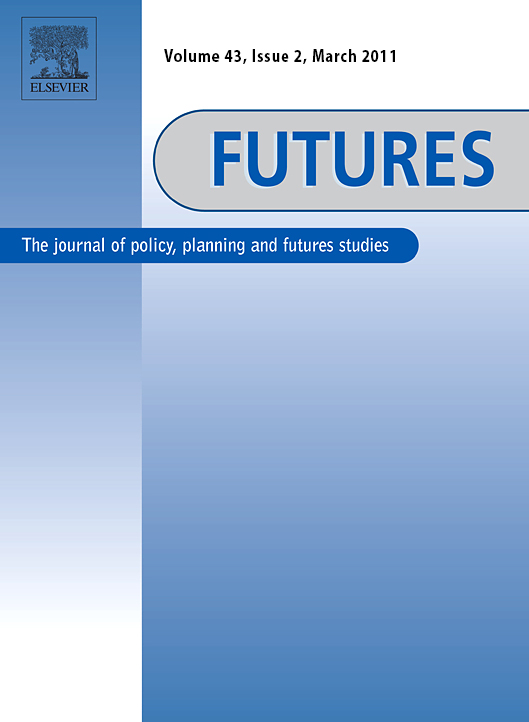
Elahi, S (2011)
Here be Dragons…exploring the ‘unknown unknowns’
Futures 43: 196–201
‘Here be Dragons’ has been used as a metaphor for dangerous and unexplored territories since ancient times, and seafarers historically understood that lack of knowledge required increased vigilance. Shirin argues that today human psychology, institutional frameworks and scientific convention have led us to airbrush out these uncertainties, so that we are navigating blind with potentially catastrophic consequences.
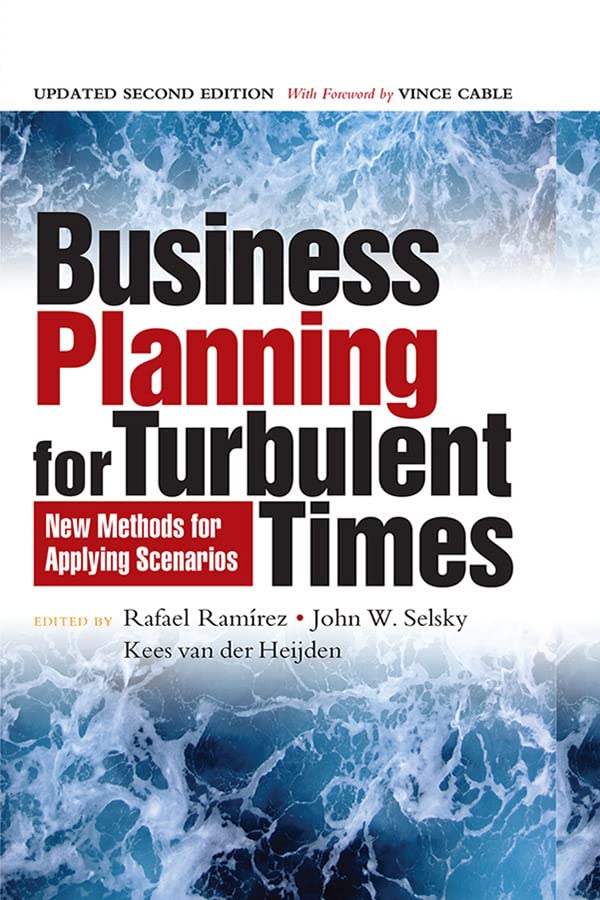
Elahi, S (2008)
Conceptions of Fairness and Forming the Common Ground
In Ramirez, R, Selsky, J.W and van der Heijden (eds) Business Planning for Turbulent Times. Earthscan, London & Sterling, VA
Drawing on the work of Emery and Trist, Shirin argues that in challenging turbulent complex environments addressing fairness is critical. Fairness enables the formation of the ‘common ground’ and creates a climate for potential cooperation. Scenarios offer a means to form this common ground – and by their very nature they incorporate elements of fair process, and potentially fairer outcomes.
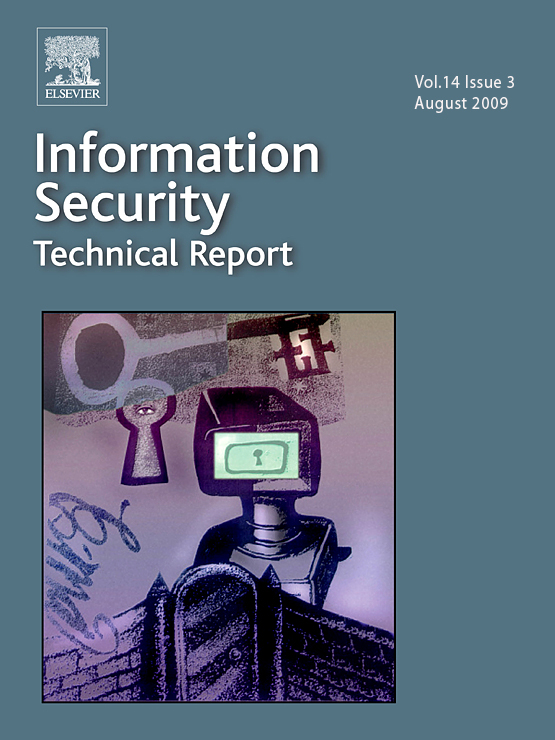
Elahi, S (2009)
Privacy and Consent in the Digital Era
Information Security Technical Report (ISTR)
In today’s digital era no one has knowledge, access or control of all their available personal information. This makes the very concepts of privacy and consent increasingly illusory and raises questions that are likely to shape not only the future form of cyberspace, but also the political, social and economic interactions within it. The institutions tasked with regulation of the physical world are ill equipped to respond and undertake a similar role in the virtual world; the timescales, dimensions and scope are all materially different. This article sets out five dilemmas that will need to be addressed in the search for solutions.
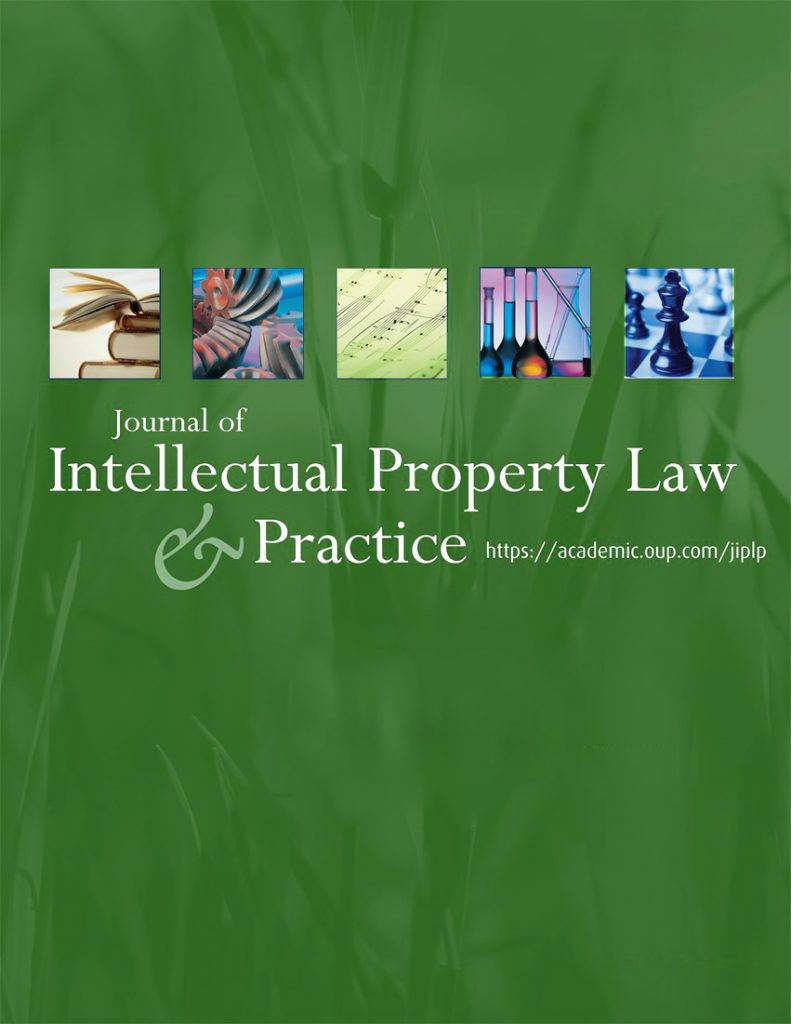
Karachalios, K and S Elahi (2009)
Transparency, trust, and the patent system
Journal of IP Law & Practice
The origin of the word patent is ‘open’. This article discusses how the different definitions of openness—open v secret, or open v proprietary—might restore openness in the current system. The authors contend that the issue of openness is often a surrogate for societal concerns about trust in the patent system and its institutions, arguing that the issues of transparency and trust should be at the heart of any initiatives to regain public trust and reform the patent system.
Elahi, S et al (2007)
Scenarios for the Future of Intellectual Property and Patenting
European Patent Office, Munich.
Shirin directed and led a three-year in-depth research project on the future of intellectual property and patenting, culminating in a set of four EPO scenarios. Based on insights from over a hundred formal interviews with leading experts from across the world and a wide spectrum of disparate disciplines, the scenarios aimed to encourage strategic conversation amongst the wide range of stakeholders who are affected by intellectual property and patenting.
“The EPO’s scenarios for the future open up the debate on the future of IPR policy and succeed well in placing IPR in a broader context. ”
Heinz Zourek, Director General, Enterprise and Industry Directorate General, European Commission
“Alain Pompidou – His term as President of the EPO ended in the middle of the year, but his legacy has been France’s decision to ratify the London Agreement and also the publication of the Scenarios Project; this will inform patent policy making in Europe and beyond for years to come.”
Joff Wild, Editor Intellectual Asset Management
Joint United Nations Programme on HIV/AIDS
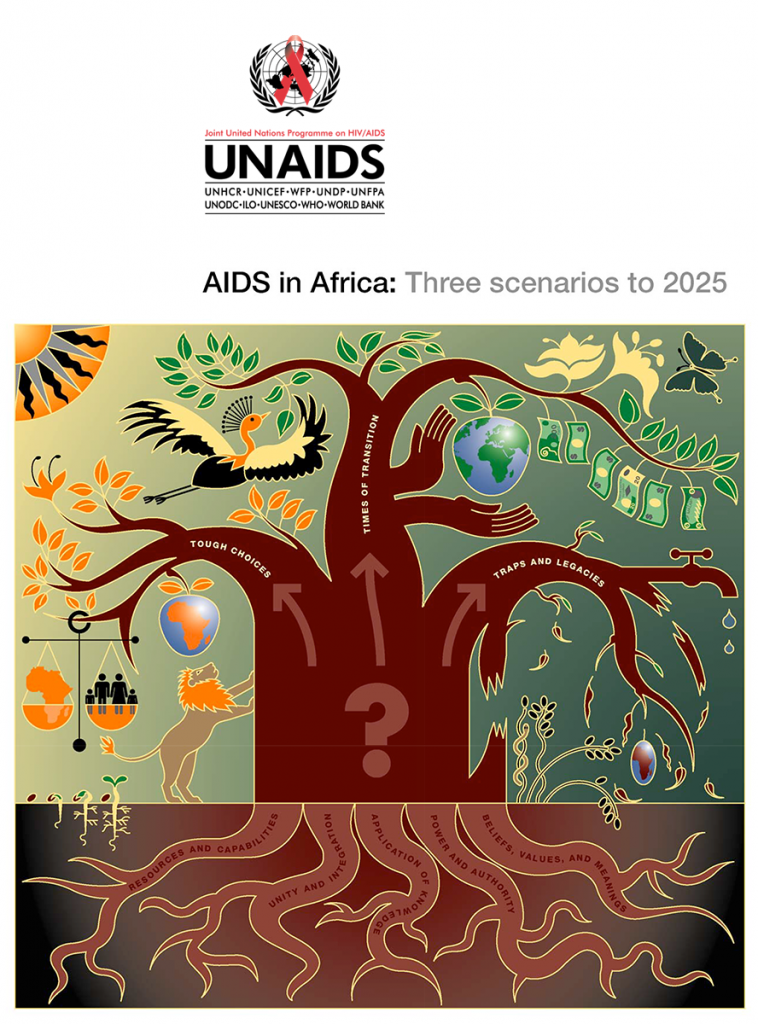
UNAIDS
Scenarios on HIV/AIDS in Africa
The set of three UNAIDS Scenarios were built by UNAIDS, with UNDP, World Bank, Africa Development Bank, Economic Commission for Africa, the African Development Bank, together with the African Union and representatives from African civil society and Shell International Ltd. Their purpose was to help people and organizations to learn, create wider and more shared understanding about the AIDS epidemic on the continent, to improve decision-making and to galvanise commitment and informed action.
“In 2003 I initiated several projects to think through what the long-term trajectory of AIDS could be. This resulted in [the UNAIDS scenarios] which made it clear that the worst was still to come. It also made a strong case that it would not be enough to devote more resources to HIV treatment and prevention, but that supportive policies and good management would be equally key for achieving impact…When in July 2008 I launched the traditional biannual UNAIDS report, I could for the first time announce a significant decrease in both deaths from AIDS as well as in new HIV infections. Finally, I was the bearer of good news.”
Dr. Peter Piot, former executive director, UNAIDS; in Piot (2012) No Time to Lose, WW Norton & Co., p.368
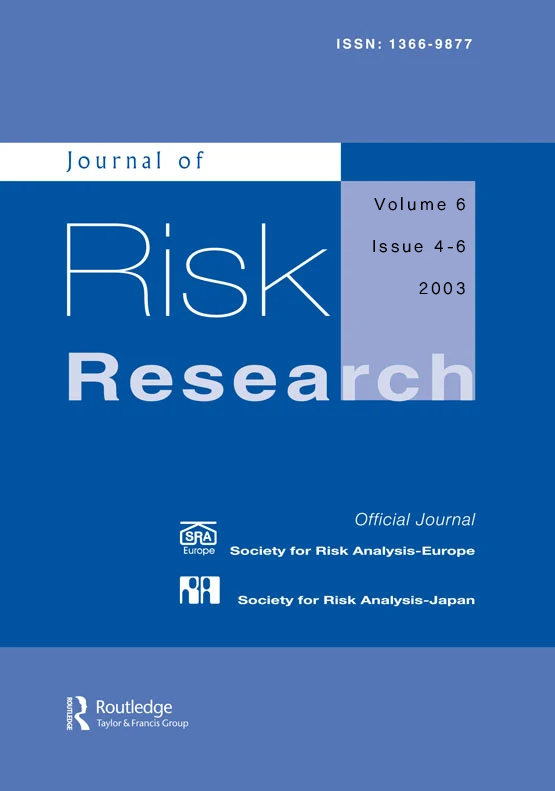
Wilkinson, A, Elahi, S and Eidinow, E (2003)
Section 1. Description of the Riskworld project process
Section 2. Background and dynamics of the scenarios
Section 3. Riskworld scenarios
Section 4. Comparison and implications
Section 5. Summary and reflections
Special Issue: Riskworld. Journal of Risk Research, Vol. 6: 4-6
The RiskWorld scenarios examined the future of risk and society, analysing how societal risk perception was changing and potential risk management strategic directions for sponsors Electricité de France, European Patent Office, Shell International Ltd, and UK Health and Safety Executive.
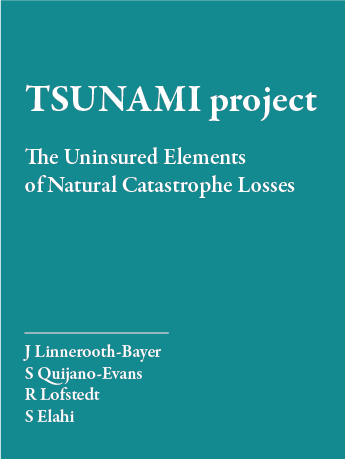
Linnerooth-Bayer, J, Quijano-Evans, S, Lofstedt, R & Elahi, S (2001)
TSUNAMI project: The Uninsured Elements of Natural Catastrophe Losses
IIASA, Laxenburg, Austria and University of Surrey, UK
The TSUNAMI project examined global responses to natural hazards and the dynamics between insurance, society and government, working with the International Institute of Applied Systems Analysis, Austria (IIASA) and sponsored by the DTI and British Association of Insurers.
Advisor on these selected publications:
European Commission
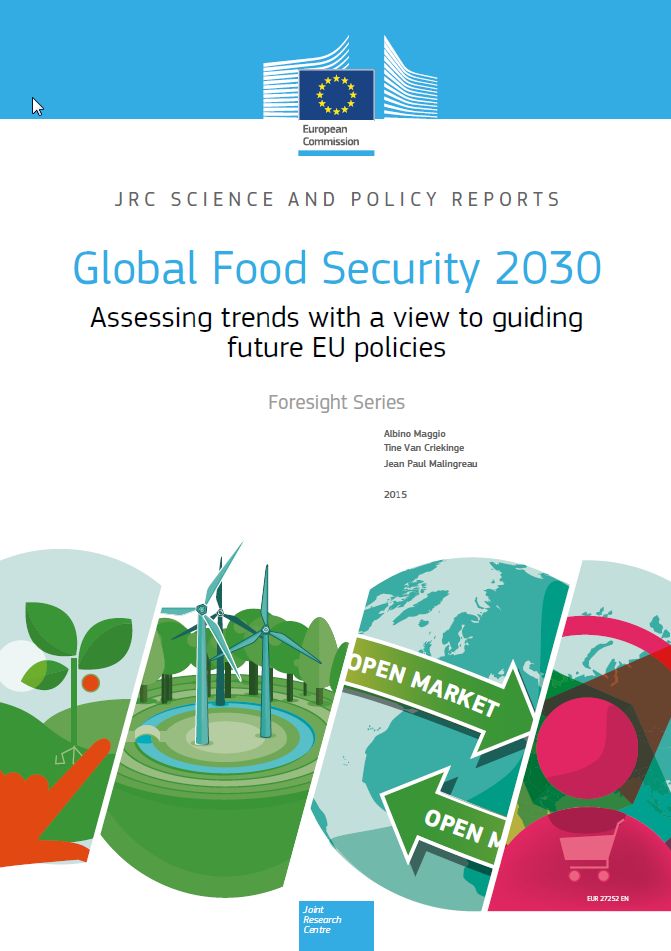
Albino Maggio Tine Van Criekinge Jean Paul Malingreau (2015)
Global Food Security 2030: Assessing trends with a view to guiding future EU policies.
JRC Science and Policy Reports, European Commission
Despite its multifaceted nature, the debate surrounding food security over the last few decades has largely focused on production and on the challenges facing the agricultural system. The JRC Foresight on Global Food Security 2030 brought together a group of experts and stakeholders to develop a vision for food security in 2030. This vision was then challenged in a test of resilience to unexpected occurrences and/or underestimated trends. The entire process was designed to establish a structured and inclusive discussion that could be useful for guiding future EU policies. This report calls for an evolution of present-day policies on food security and beyond into a Common Food Systems Policy in which both the systemic and global dimensions of food security are fully incorporated.
International Monetary Fund
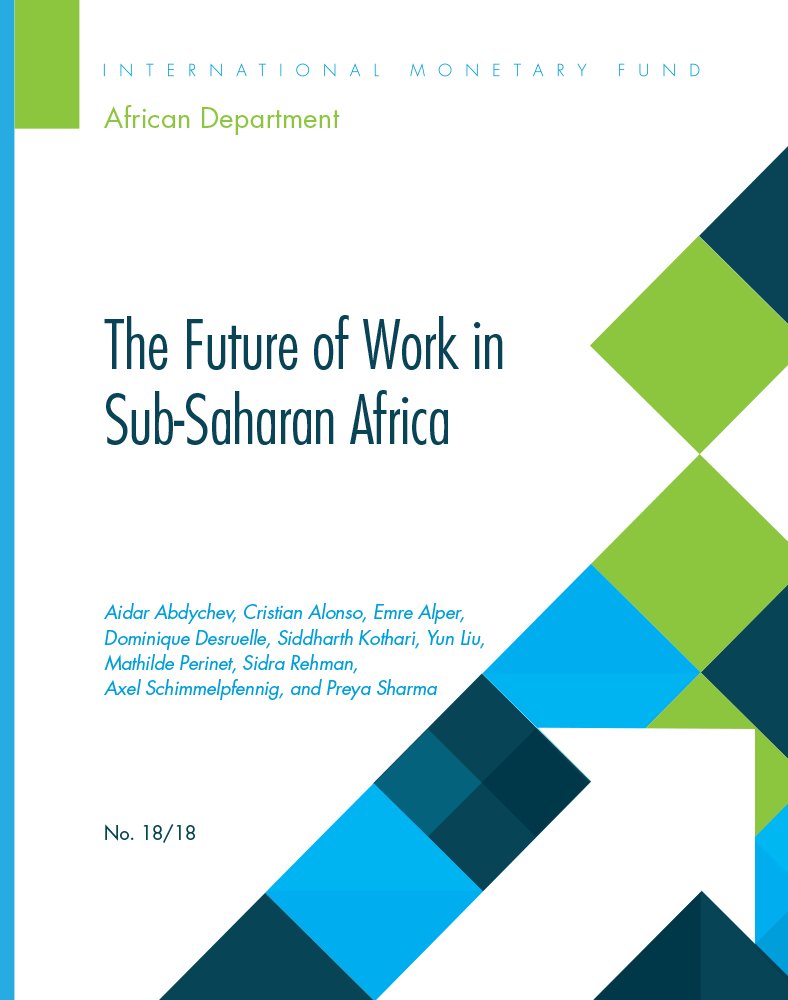
Aidar Abdychev, Cristian Alonso, Emre Alper, Dominique Desruelle, Siddharth Kothari, Yun Liu, Mathilde Perinet, Sidra Rehman, Axel Schimmelpfennig, and Preya Sharma (2018)
The Future of Work in Sub-Saharan Africa
African Department, International Monetary Fund, Washington DC
Far-reaching changes in technology, climate, and global economic integration are transforming the world of work in ways that we do not yet fully understand. Will the swift technological advances of the Fourth Industrial Revolution raise the standards of living for everyone? Or will robots massively displace workers leading to a jobless future where only a few benefit from the fruits of innovation? Will mitigation efforts be able to cushion the adverse effects of climate change, including food shortages and mass migration, which would place extra pressure on urban labor markets? Will countries continue to integrate commercially and financially, fostering growth and employment? Or will trade wars become a norm in a world increasingly fragmented and inward-looking? In sub-Saharan Africa, these uncertainties meet a dramatic increase in population and a rapid expansion in the labor force, which is becoming increasingly urban.
Selected Public Speaking Engagements
IE Business School, Global Executive MBA: Strategic Global Foresight: How emerging technologies and global trends are disrupting business models, economic dynamics and society as a whole, Oxford, 2024
Make or break: Regulating in a disruptive world: With Jonathan Blamey, Vice president, global solutions design centre of excellence, DHL Supply Chain; Erik Brynjolfsson, director, Stanford Digital Economy Lab; Richard Judge, Director, Bartlett Judge Associates; Rebecca Fatima Sta Maria, executive director, APEC Secretariat and Matthew Valencia, Special assignments editor, The Economist. Economist Impact virtual event.
Scenario planning – Anticipating challenges at the Water-Food-Energy Nexus: Public Lecture Series, Science & Citizens meet Challenges of Sustainability, University of Luxembourg, 2018
The future inventive enterprise: IP Revolution? Scenarios for the Future. LESI (Licensing Executives Society International), Paris 2017
Future Foresight: UN-SWAP and its future: Annual global UN-SWAP meeting at WHO/HQ – Geneva: United Nations Entity for Gender Equality and the Empowerment of Women (UN Women) and co-hosted by the World Health Organization (WHO), Geneva 2017
Foresight as a policy tool: “Science – Innovation – Entrepreneurship: Closing the Gender Gap to Meet the SDGs” UNESCO, UN Women and WIPO joint initiative, UN High Level Political Forum, New York 2017
Interviewer
Interviews with distinguished experts including:
Gro Brundlandt, Director General, World Health Organisation
Francis Gurry, Director General, World Intellectual Property Office
Prof. C.S. Holling, Arthur R Marshall Jr. Chair in Ecological Studies, University of Florida
Dr Ramesh Mashelkar, Director General, Council of Scientific and Industrial Research, India
Sir Andrew Stewart Mackenzie, CEO, BHP Billiton
Prof. Ali Mazrui, Director of the Institute of Global Cultural Studies, Binghamton University
Rajenda K. Pachauri, previously Chairman, International Panel for Climate Change (IPCC)
Dr Marshall C Phelps, previously Corporate Vice President, Microsoft Corporation
Peter Piot, Director General, UNAIDS
Jeroen van der Veer, Chief Executive, Royal Dutch Shell
Prof. Wang Jingchuan, Commissioner, State Intellectual Property Office, People’s Republic of China

My Mission:
Giving you the insights to help you navigate your own future in a turbulent, uncertain Corset Economy
My “Big Hairy Goal”:
Creating a movement to loosen the corseting of our global economy and create a more sustainable and equitable future for all

